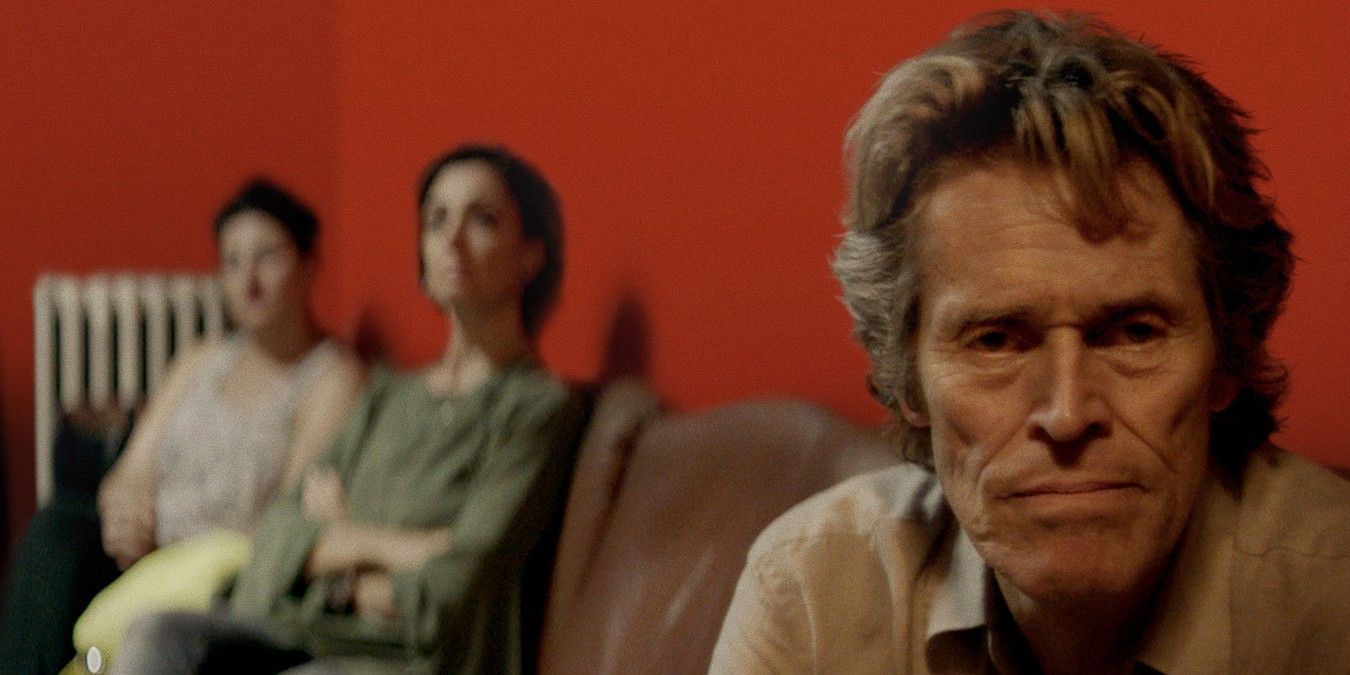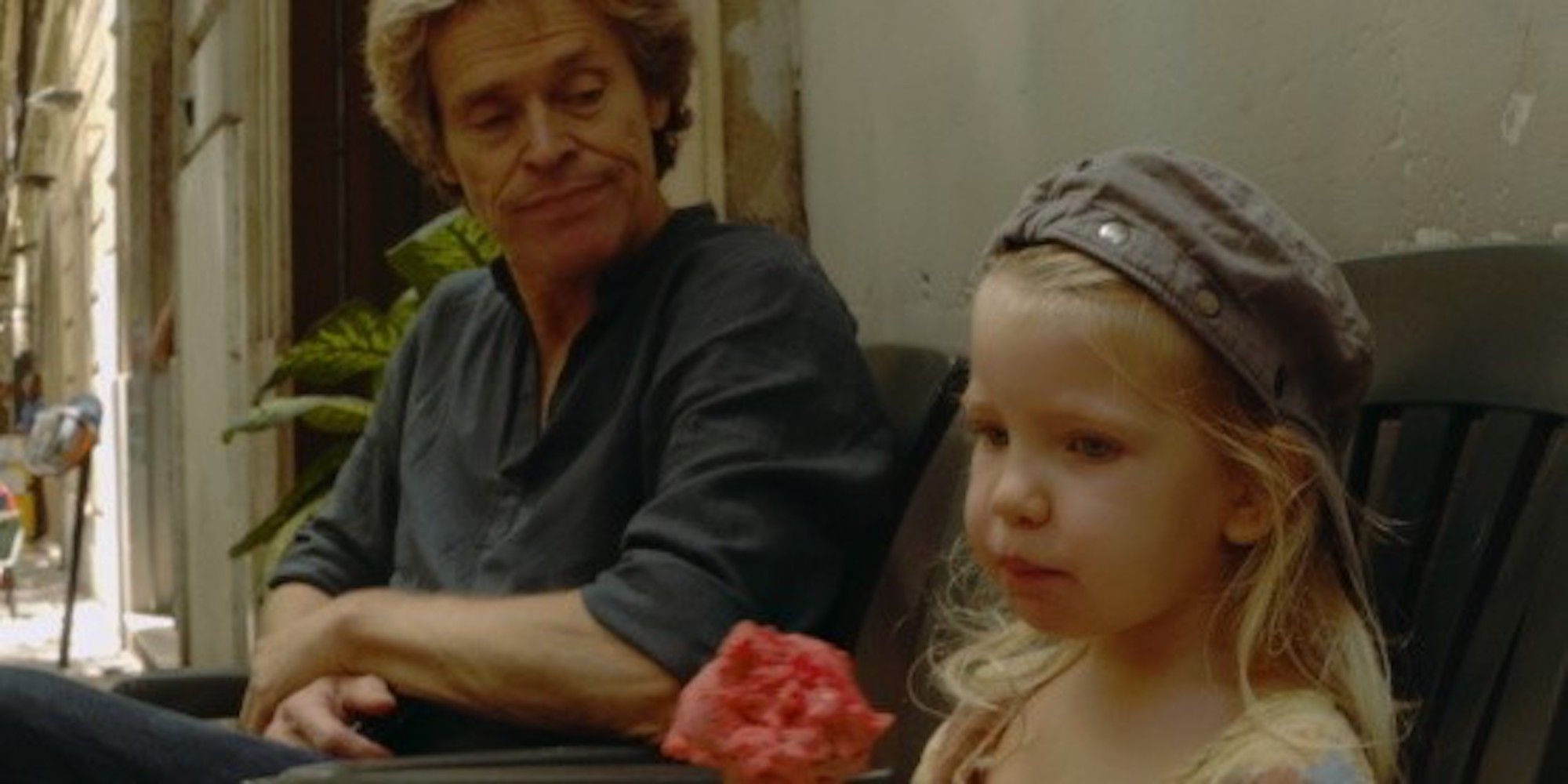Even though it was canceled this year due to the coronavirus, the Cannes Film Festival is normally one of the biggest times of the year for movie lovers. It's a time when filmmakers from around the world come together to show off some of their best work. In the last couple of years alone, many films that debuted there have gone on to become incredibly popular during awards season. In particular, last year saw the grand debut of Bong Joon-ho's Parasite - which went on to win the festival's highest prize (the Palme d'Or) and even made Oscars history after winning Best Picture - and the year before saw the premiere of Spike Lee's BlacKkKlansman, which many heralded as one of his best films in a long while. Unfortunately, not every film that debuts there is a masterpiece, even if the talent has a long history with the festival. Abel Ferrara, for instance, made his return to the Cannes Film Festival in 2019 with a movie that desperately wants to be taken seriously, but can't seem to take itself seriously. Despite a raw performance from Willem Dafoe, Tommaso feels more like a self-indulgent male fantasy than an introspective character study.
Starring alongside Ferrara's own wife and daughter (Cristina Chiriac and Anna Ferrara) and even filmed in his own apartment, Dafoe plays the titular character who's a writer-director living in Rome. The movie chronicles the ups and downs of his current relationship in the style of a documentary, almost as if Ferrara is analyzing his own life through a more reflective lens. Not only that, the story also dives into Tommaso's past with addiction, as shown through a number of support group meetings that are sprinkled throughout the film. However, it all-too-often becomes focused on Tommaso's selfish wants and insecurities, never really showing the character's growth or an attempt to learn from his past.
Regardless of the film's pitfalls, Dafoe carries this narrative with an admirable openness and a vulnerability that allows viewers to sympathize with Tommaso, at times. As an actor, Dafoe has a way of embodying a character to the greatest degree, no matter who it is. His other most recent role in Robert Eggers's film The Lighthouse was a perfect example of how he takes whatever's written on the page for his character and runs the full mile with it, and then some. In Tommaso, he certainly brings an abundance of emotion to the forefront - especially when it comes to his young daughter - but Ferrara's direction only lets these sweet moments linger on-screen briefly, which tends to throw the narrative off balance.
These moments are often quickly pushed to the wayside in favor of fantasy sequences that feel self-indulgent. Although it's clear from the get-go that the filmmaker was well-intentioned on taking a deep look at his own life and the actions that led him to where he is now, many of these scenes make Tommaso appear pretentious and very unlikeable. Some of the fantasy scenes between him and different women, especially, feel more creepy than romantic as well, occasionally even objectifying them in the process. These scenes, in particular, certainly make it difficult to feel invested in the story as it goes on, let alone the character leading it all. Not to mention, lengthy shots of the city or walking the streets of Rome feel like tedious and unnecessary fillers, making the runtime feel far longer than it actually is.
However, the cinematography (courtesy of Peter Zeitlinger) certainly has some outstanding moments to shine. The city of Rome looks lovely from Ferrara's viewpoint, and even moments in his apartment with the family having dinner at the beginning feel cozy and heartwarming. These brief moments of vibrant life are few and far between in Tommaso, though, but maybe that was Ferrara's intention. Unfortunately, as a viewer, that's a difficult thing to tell as the plot gets rolling. In the beginning, it's easy to see the layout Ferrara had in mind for telling this story, it just falls off the wagon as it continues onward. It's almost as if he gets so wound up in the dramatics of it all that he forgets where his contemplative narrative roots were planted in the first place.
Tommaso may not be a masterpiece, but it's certainly another excellent performance in the books when it comes to Dafoe. No matter the scene, he melted into this character's shoes, effortlessly blending in with the setting and people around him. Even Chiriac and little Anna Ferrara delivered incredible performances, especially when it came to showcasing the friction felt between the former and Dafoe's Tommaso. Even though these aspects are certainly not enough to make Tommaso a must-see, they're worth recognizing as the ultimate standouts of Ferrara's latest film.
Tommaso is now screening in virtual cinemas. It is 115 minutes long and Not Rated.


